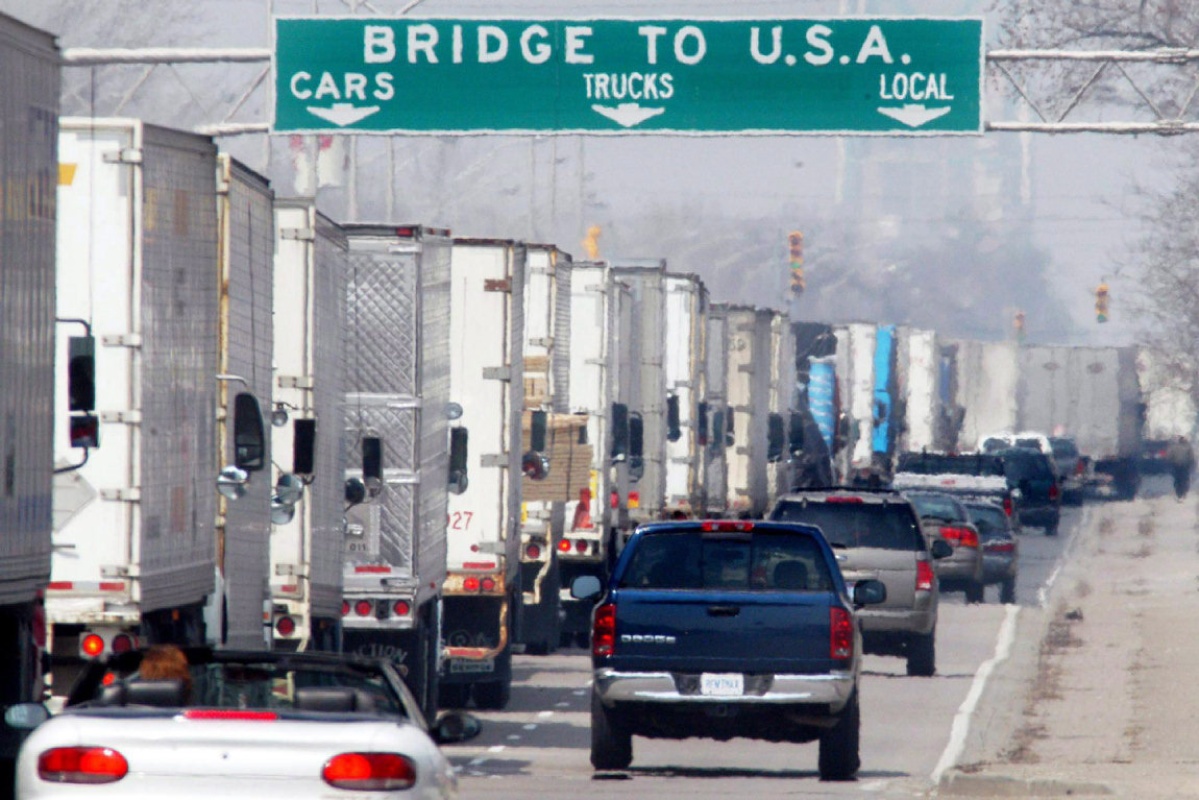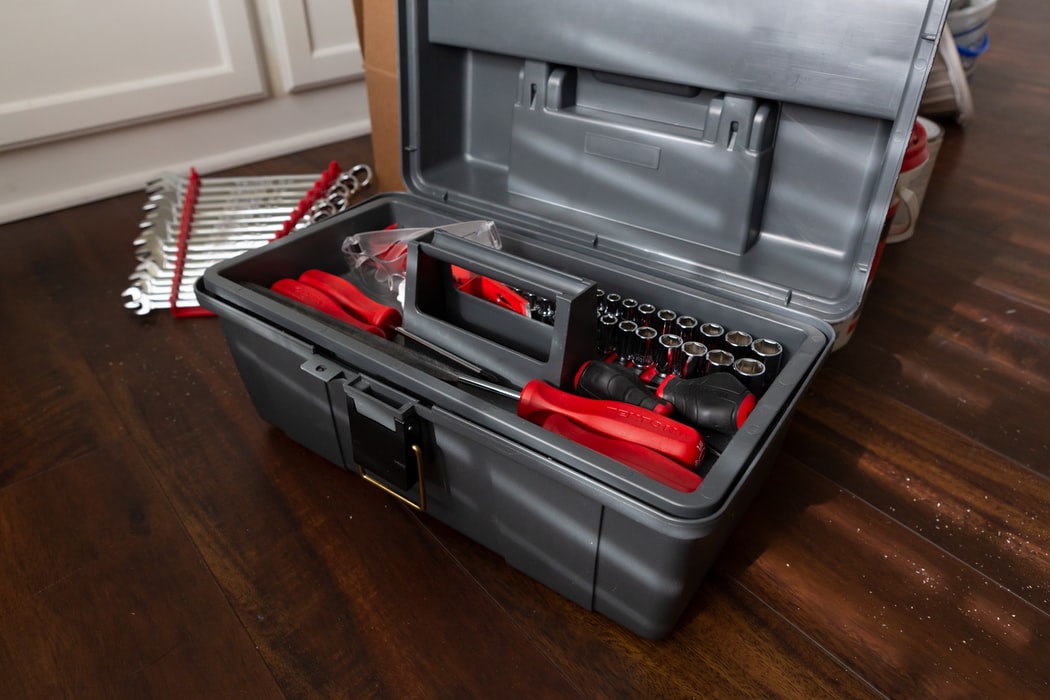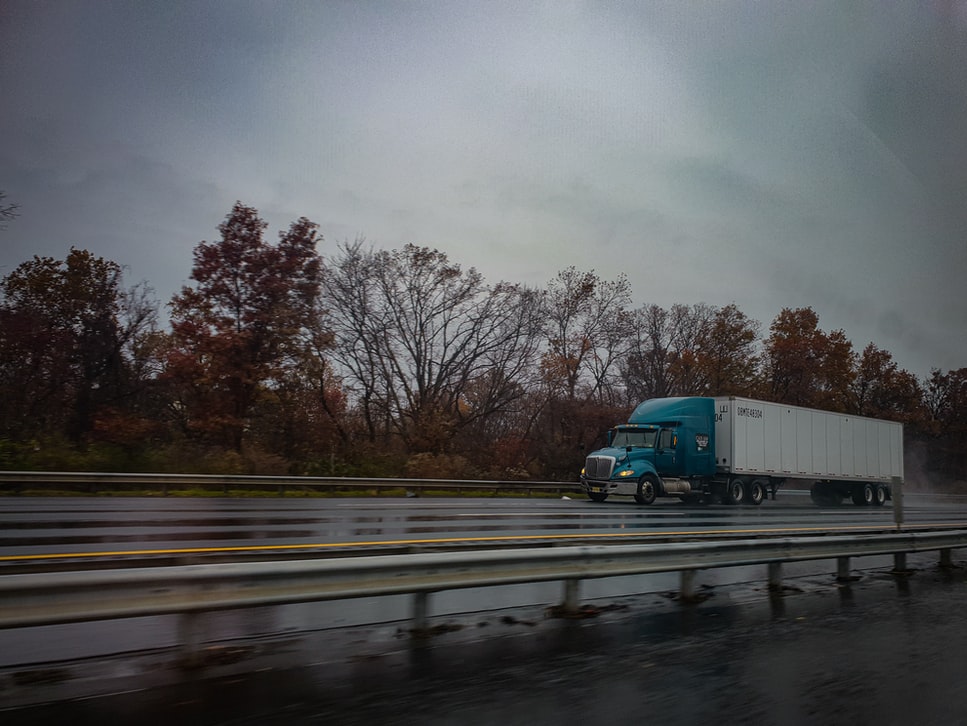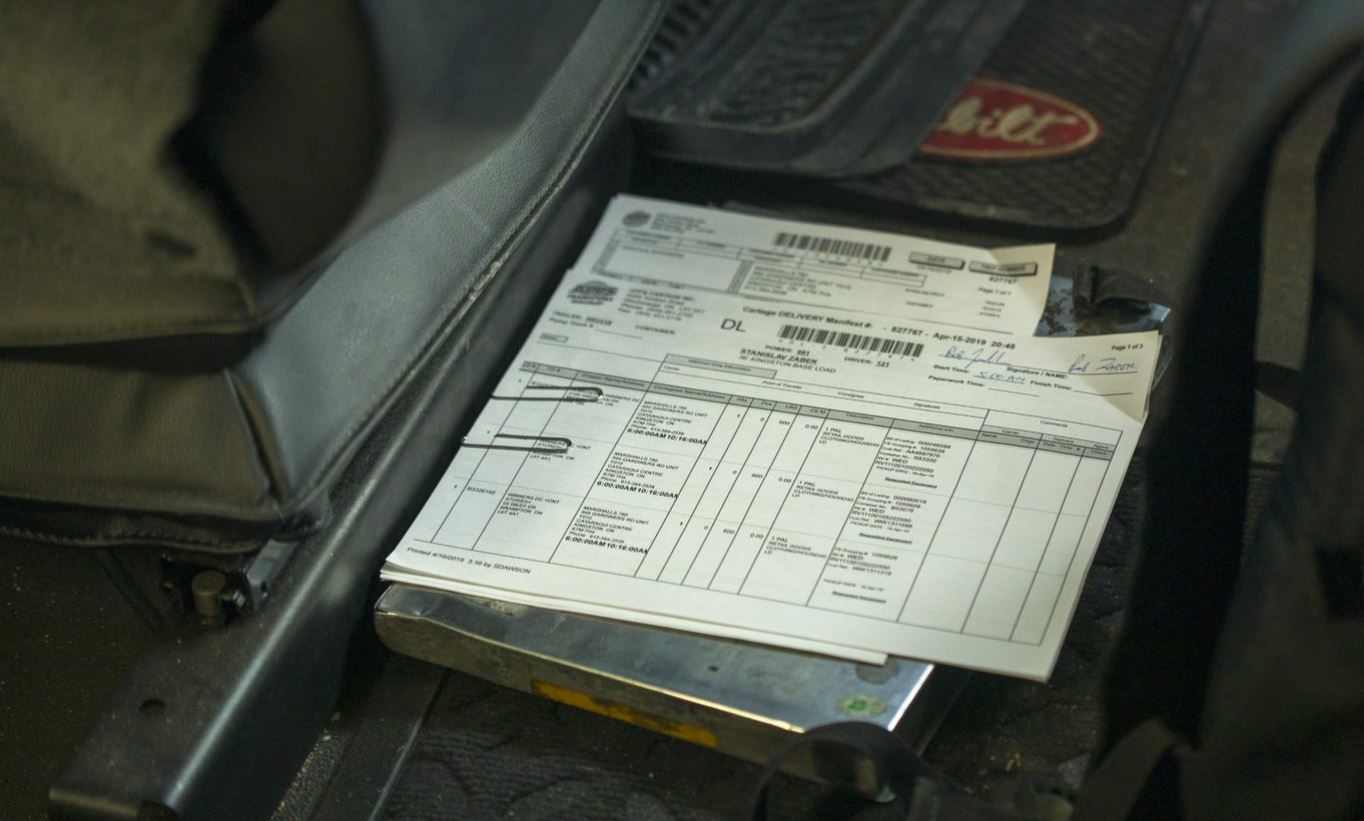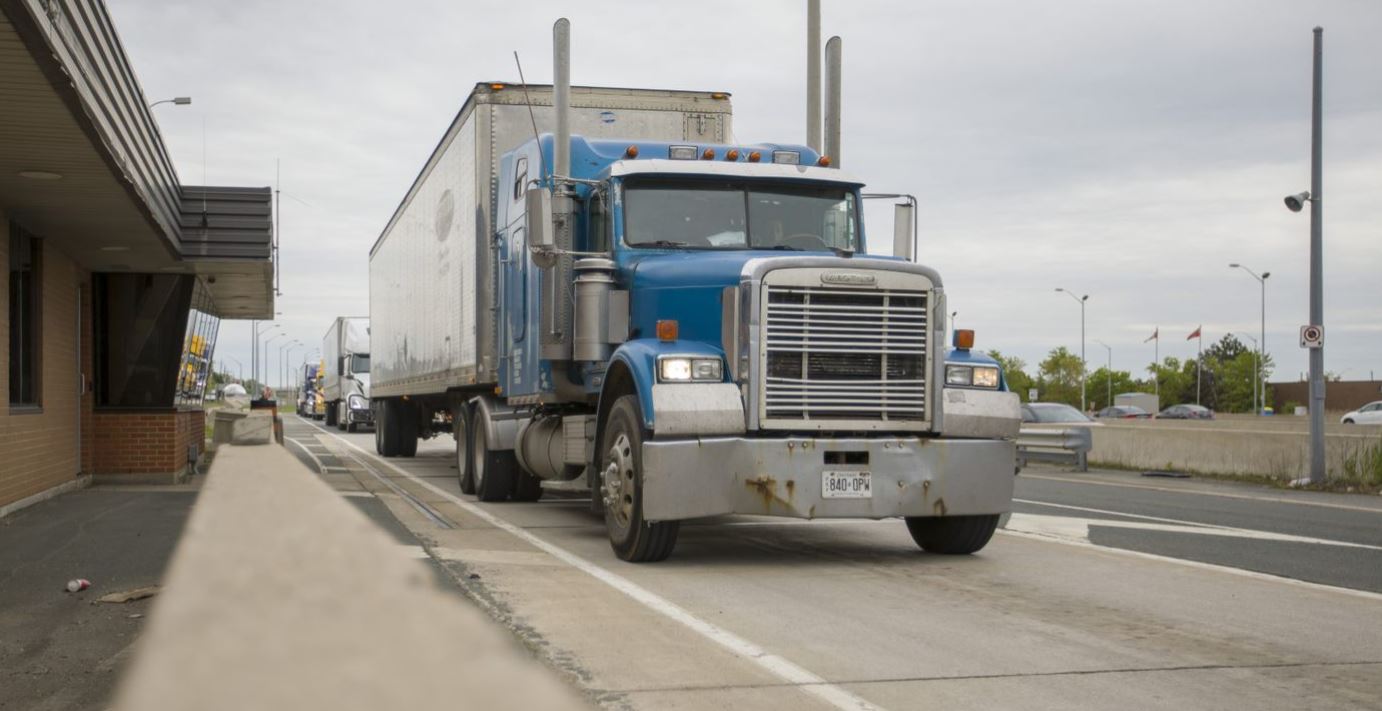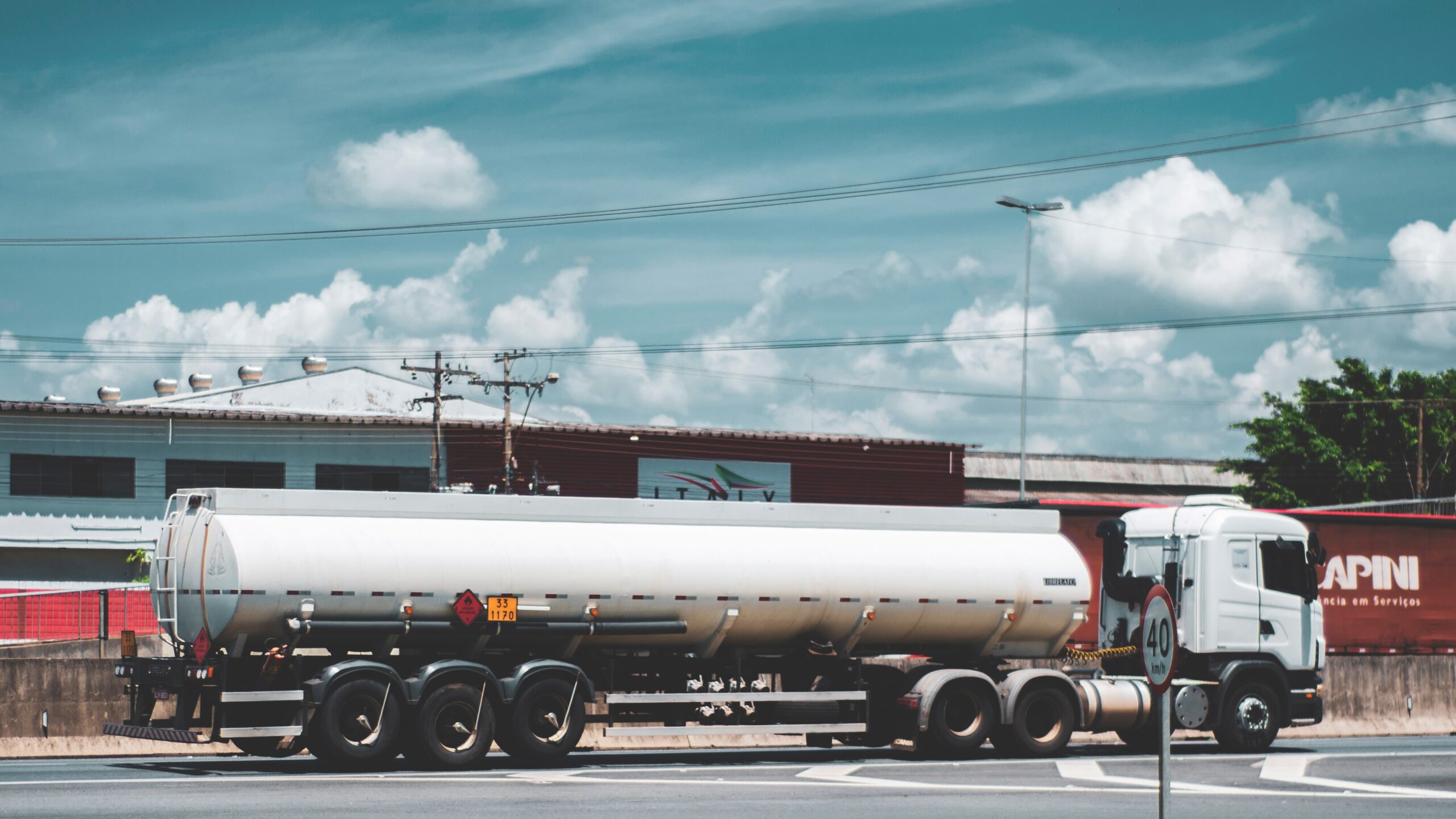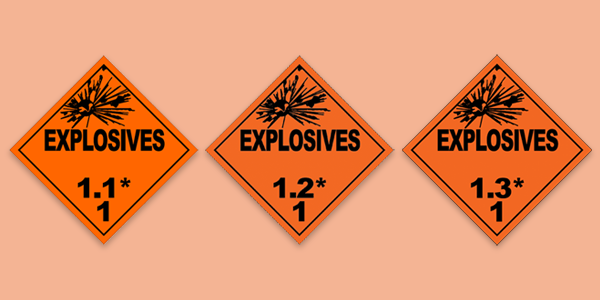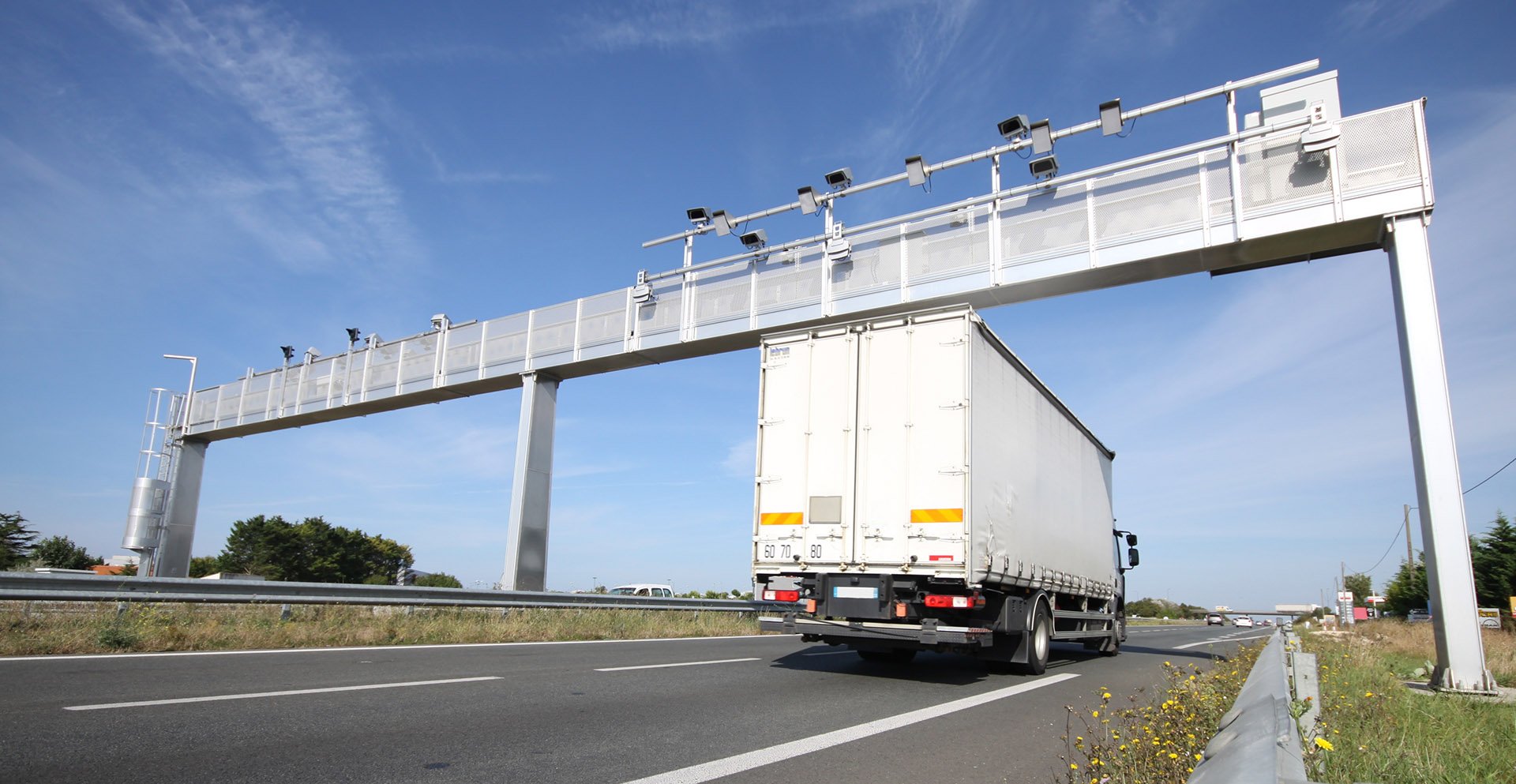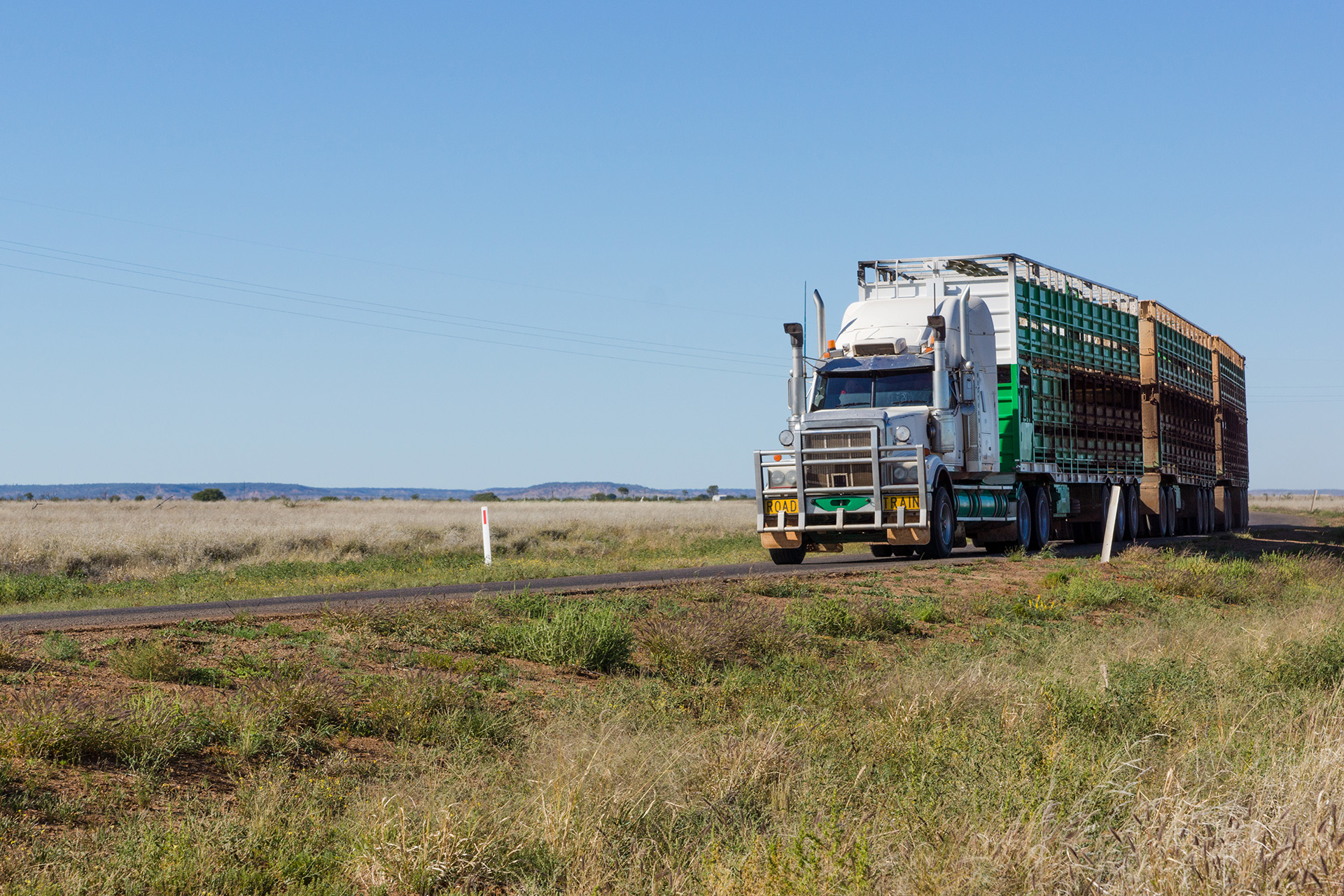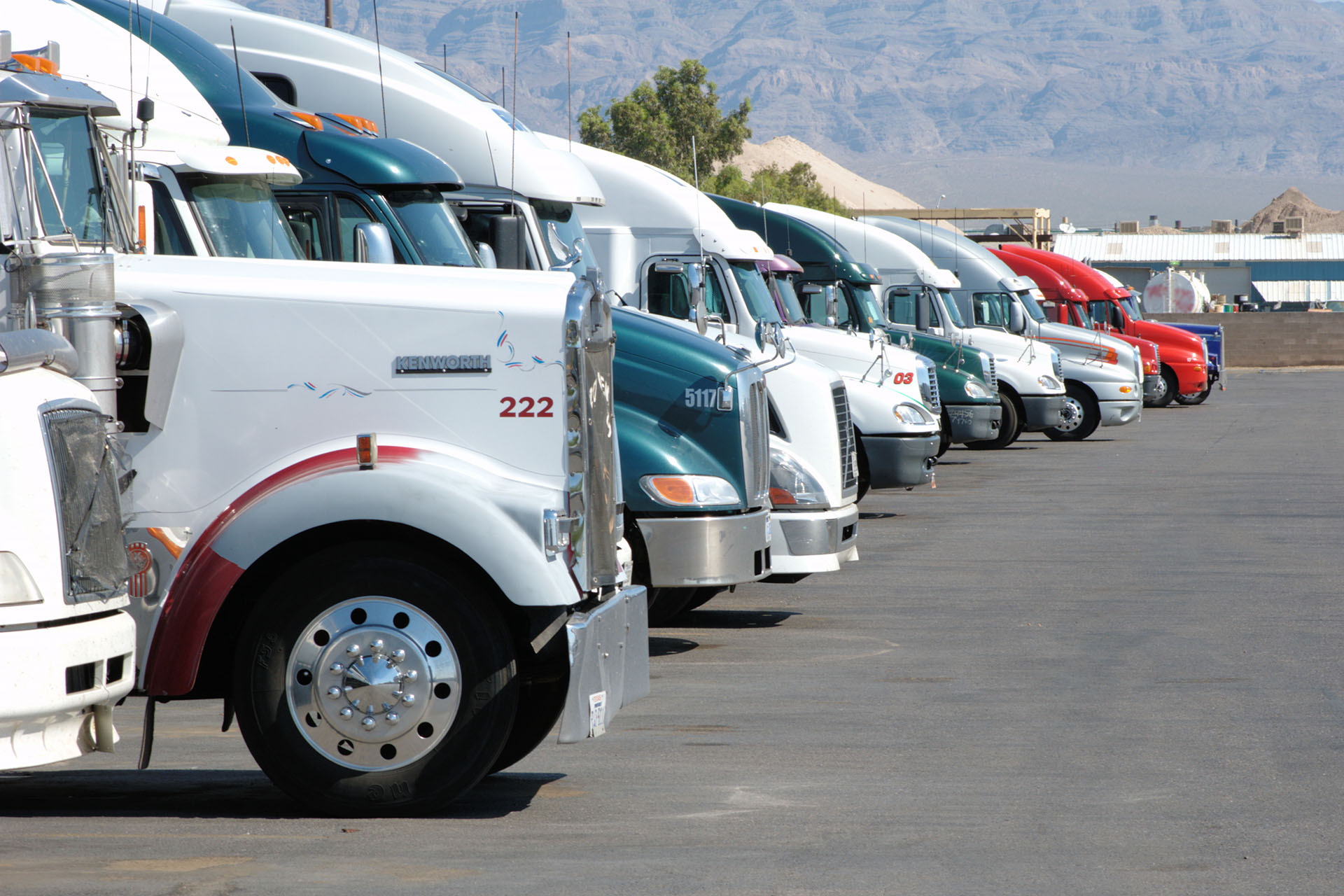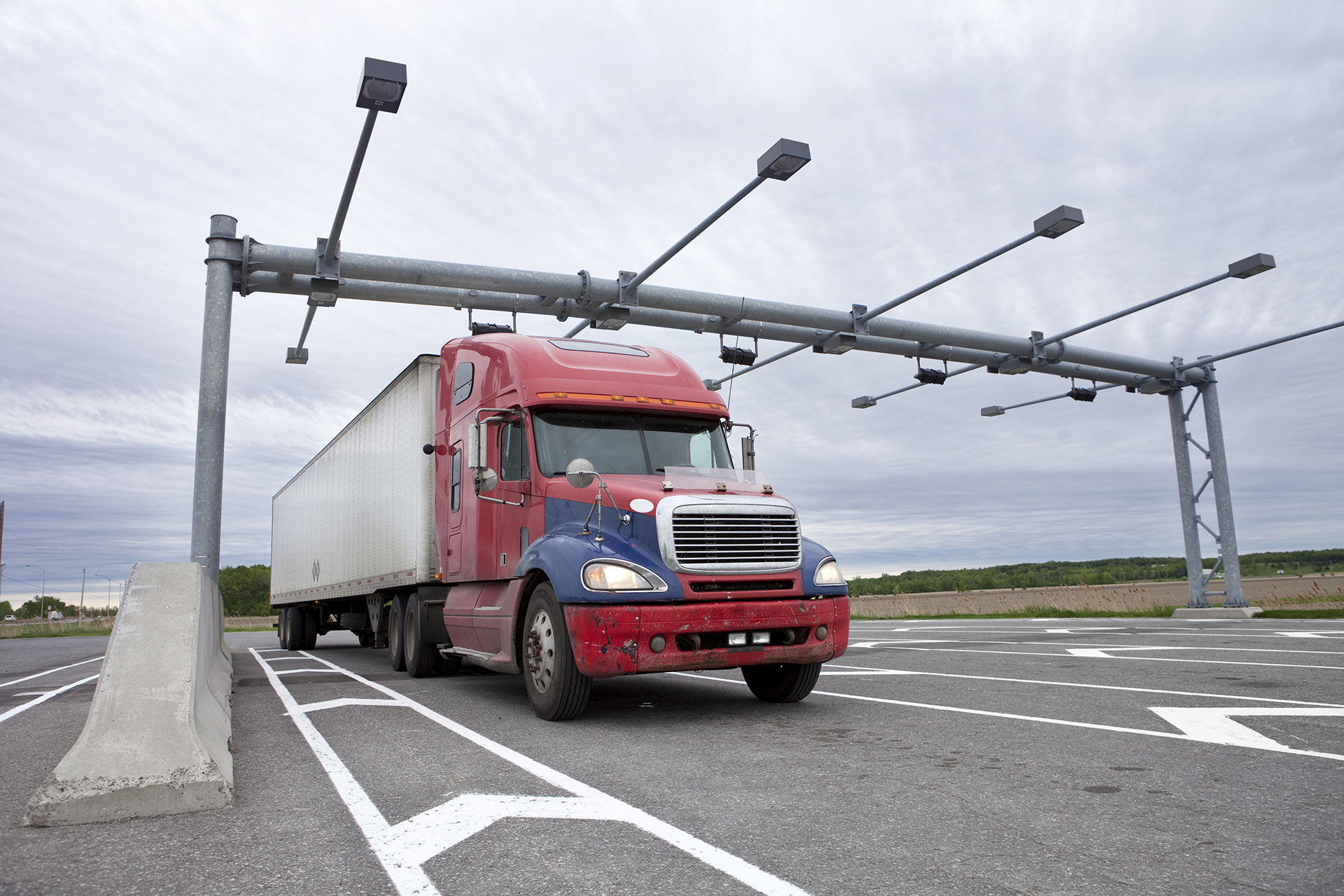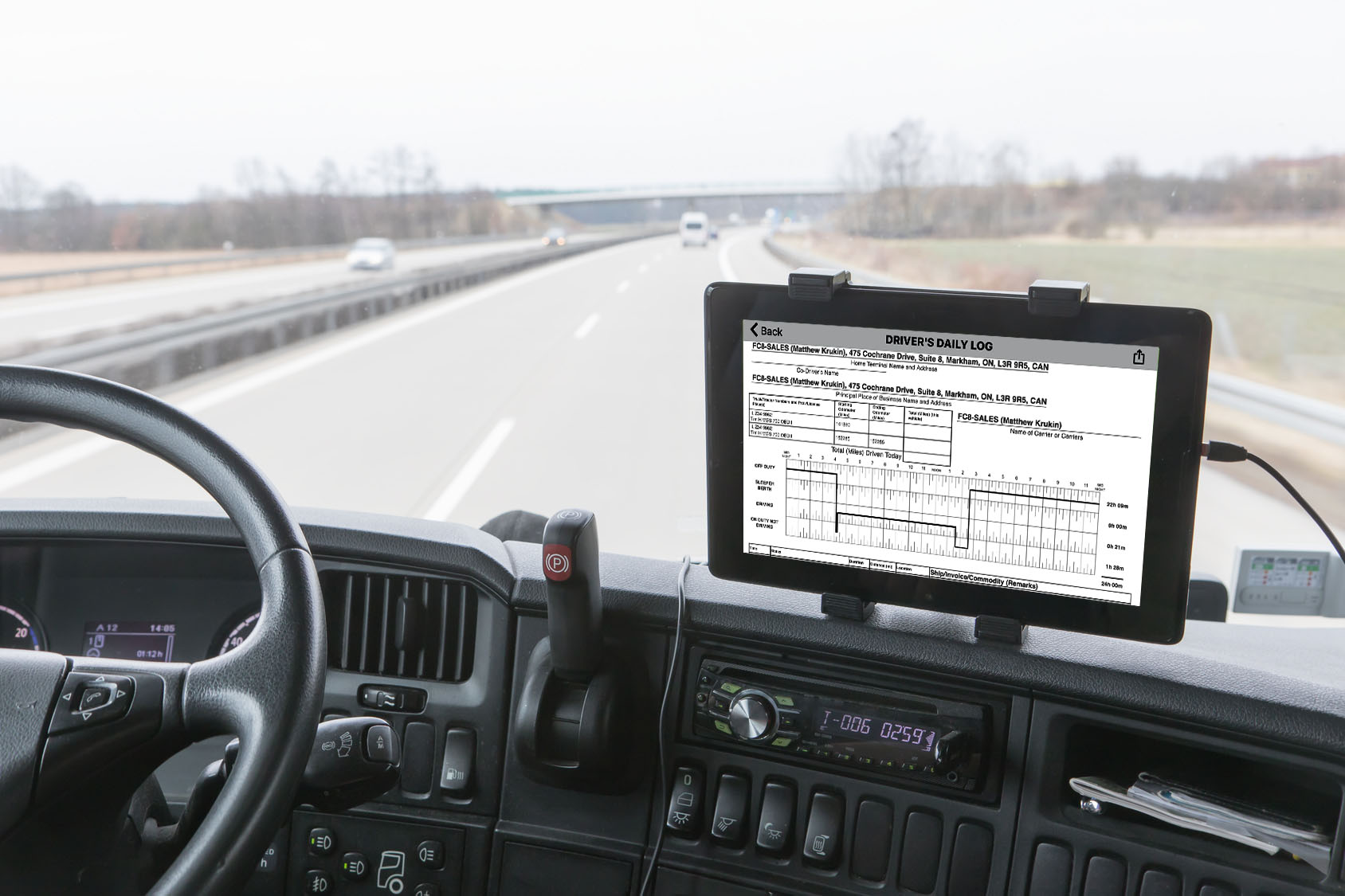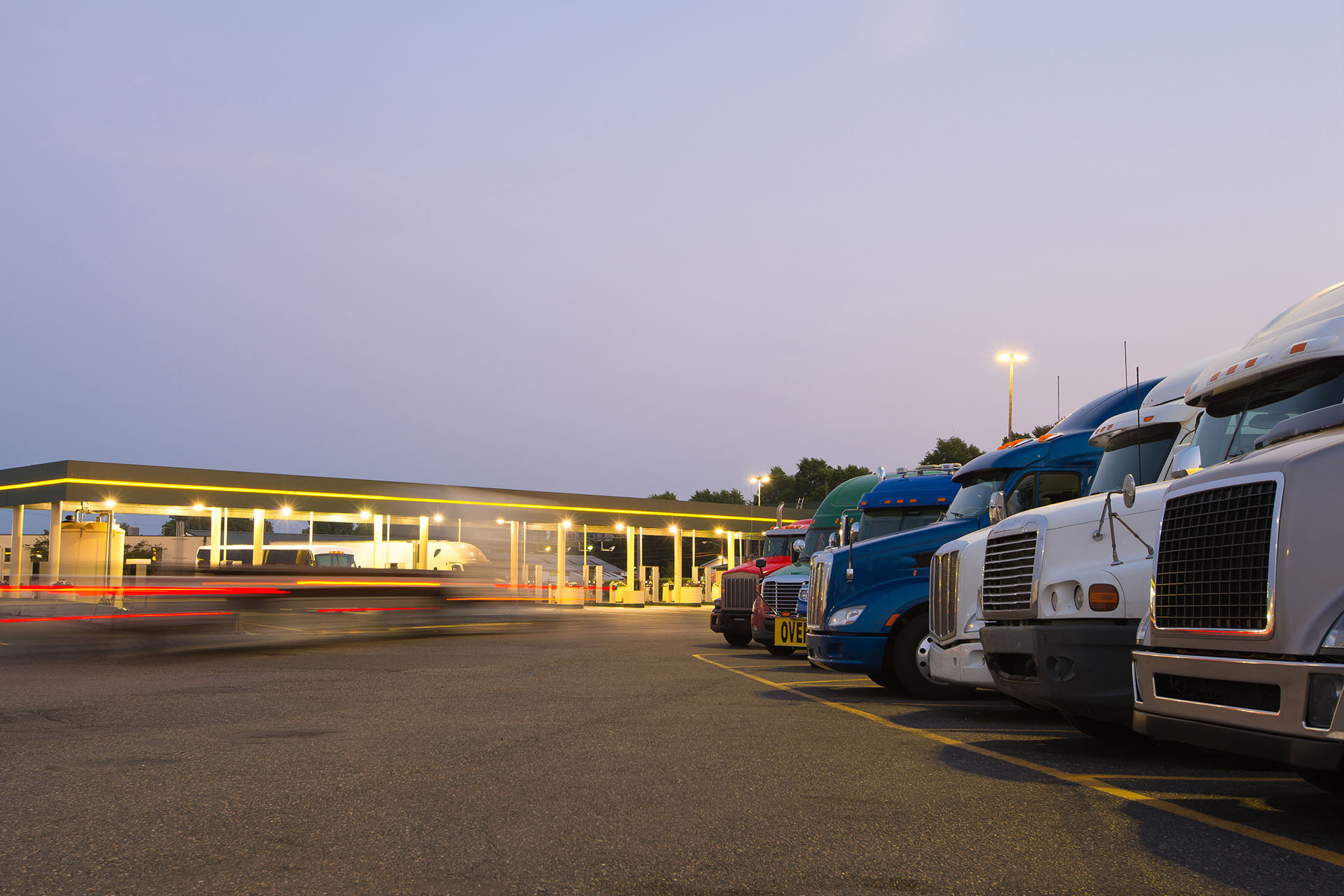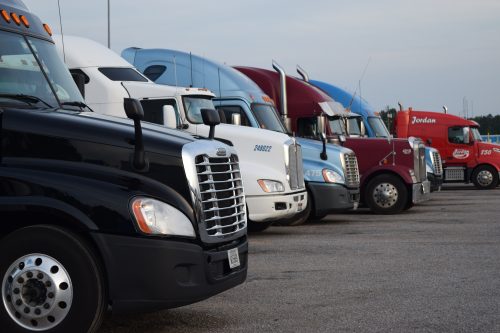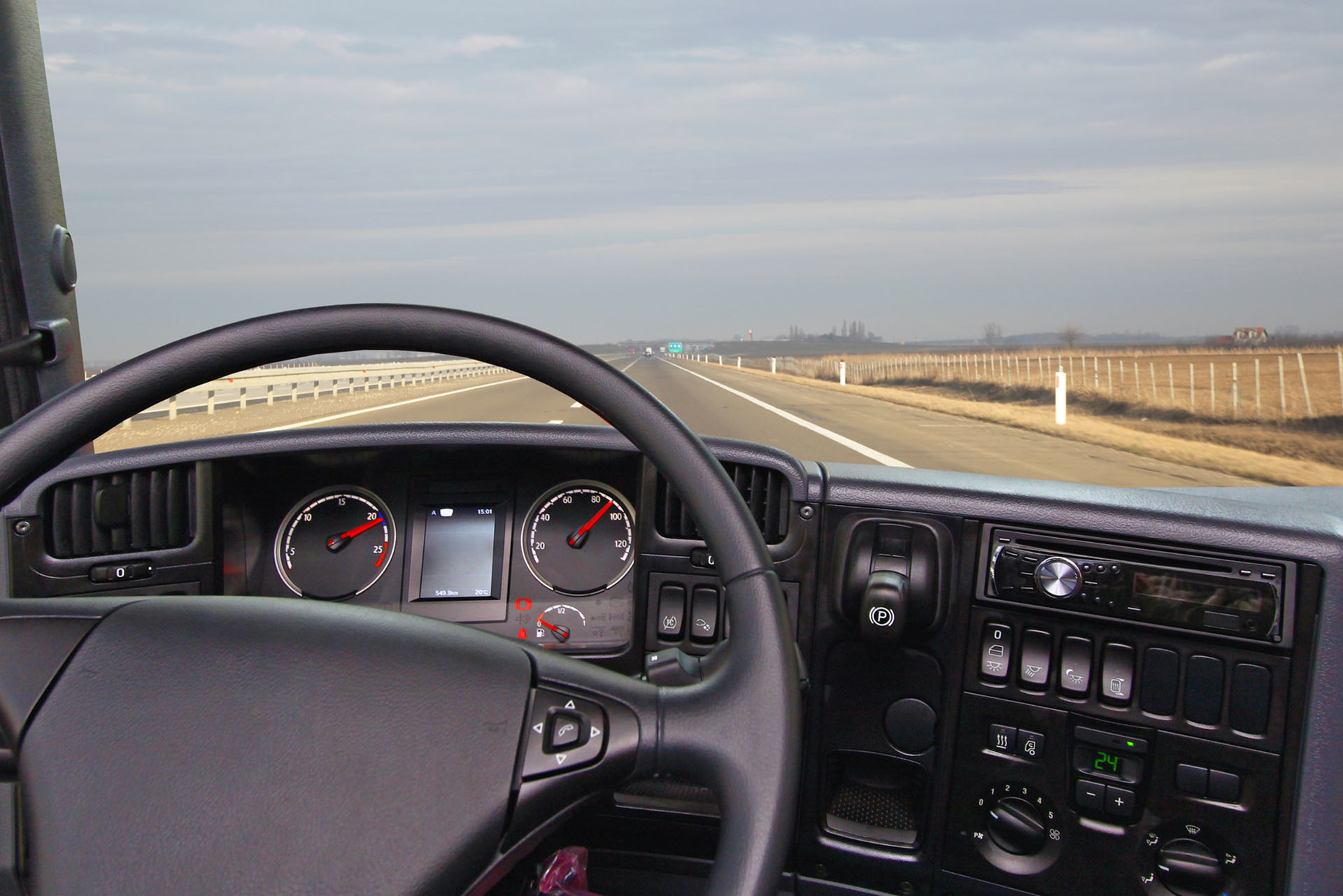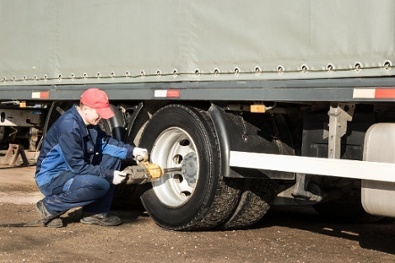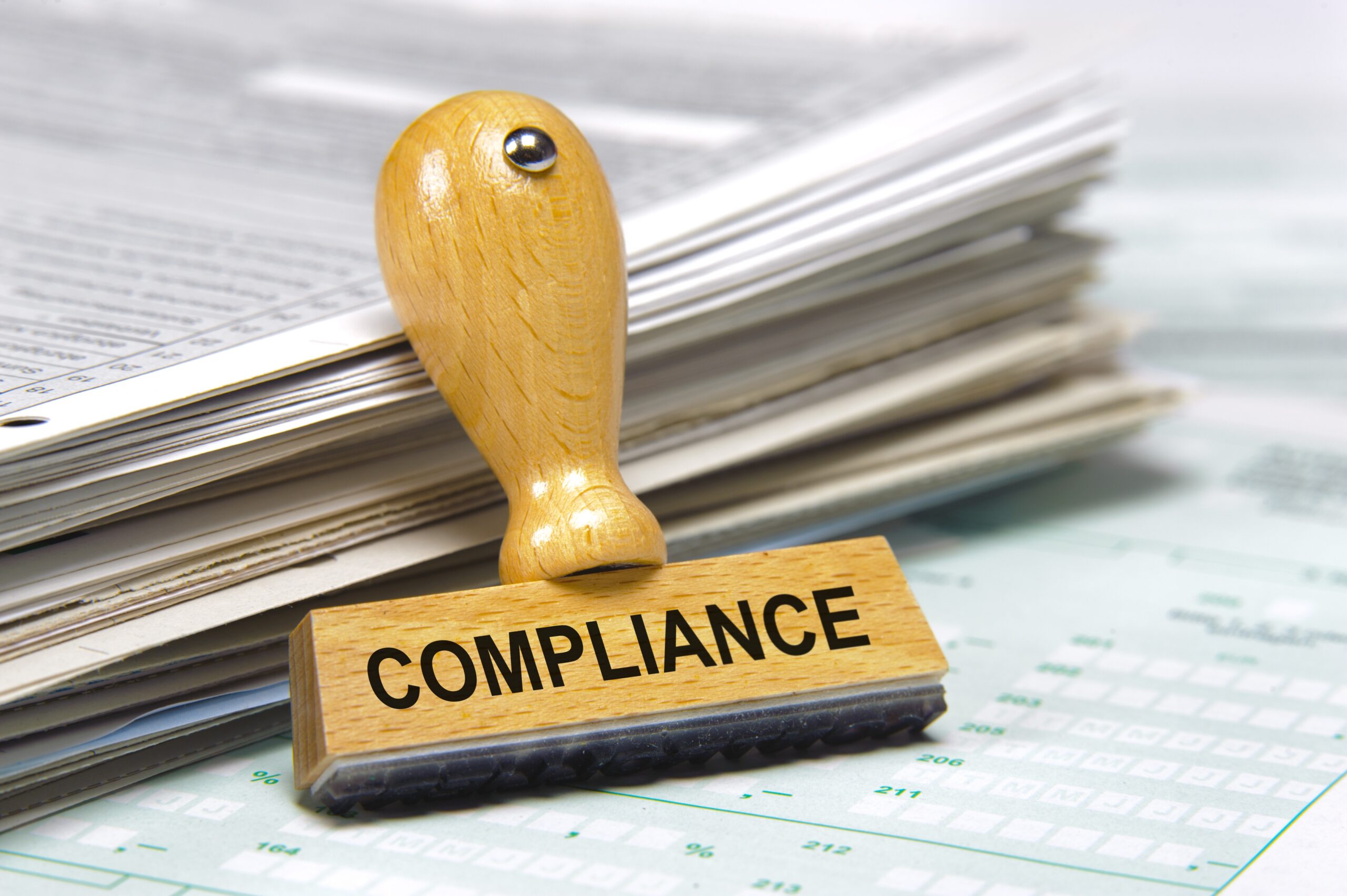In April 2016, the U.S. Food and Drug Administration (FDA) introduced a new law on the safe transportation of food products as part of the Food Safety Modernization Act (FSMA).
According to the new FDA food safety rule, motor carriers and shippers will be held responsible for ensuring that proper temperatures are maintained while transporting food from point of origin to destination within the United States.
The safe transport rule came about as a result of lengthy discussions between all stakeholders involved in the harvesting, delivery and reception of food products for both human and animal consumption that is transported in open and bulk containers.
Who must comply with the new Food Safety Rules?
Shippers, motor carriers, and receivers of food produce in the United States are subject to the new Food Safety rules. For shippers it means that the company has to demonstrate its ability to maintain the required temperature controls in place at the shipping area for all types of foods handled prior to transferring the load to a carrier vehicle.
Once in carrier’s possession, they are required to ensure that the vehicle, in which food will be transported, was pre-cooled to the appropriate temperature based on the food type prior to the load transfer. The motor carrier must also maintain the required temperature for the duration of the trip and at its final destination. The receiver of the food has the authority to request a report both from the shipper and the carrier to confirm that the appropriate temperatures were maintained from origin to destination.
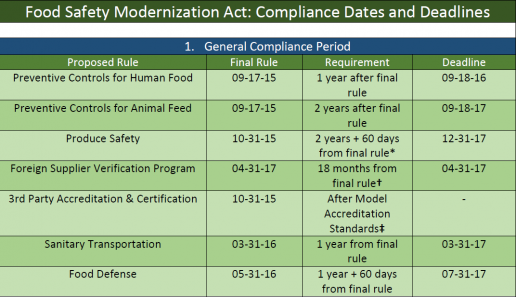
What are the FDA Food Safety Rule compliance milestones?
The FDA mandated timelines to comply with the new Food Safety Rule:
Large fleets have one year from the publication date with April 2017 deadline.
Small fleets have an additional year until April 2018.
What are the major elements of the FDA Food Safety Modernization Act?
The elements can be divided into 5 key areas:
- Preventive controls – a comprehensive, prevention-based control across the food supply to prevent or significantly minimize the likelihood of problems occurring.
- Inspection and Compliance – the legislation recognizes that inspection is an important means of holding industry accountable for its responsibility to produce safe food.
- Imported Food Safety – the goal is to ensure that imported foods meet U.S. standards and are safe for our consumers. Importers must verify that their foreign suppliers have adequate preventive controls in place to ensure safety.
- Response – FDA has mandatory recall authority for all food products, however the agency expects that it will need to invoke this authority infrequently since the food industry largely honors requests for voluntary recalls.
- Enhanced Partnerships – The legislation recognizes the importance of strengthening existing collaboration among all food safety agencies—U.S. federal, state, local, territorial, tribal and foreign – to achieve public health goals.
To find a Fleet Complete temperature sensor solution that fits your business needs, please contact our representatives at 1-800-220-0779.







